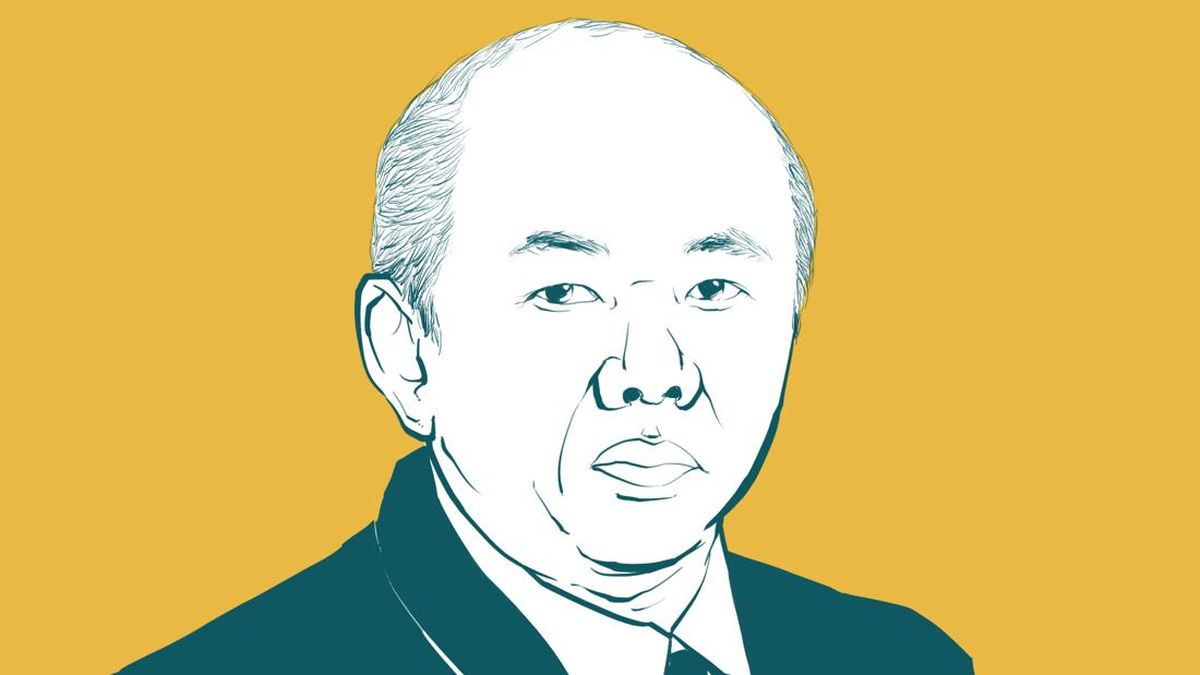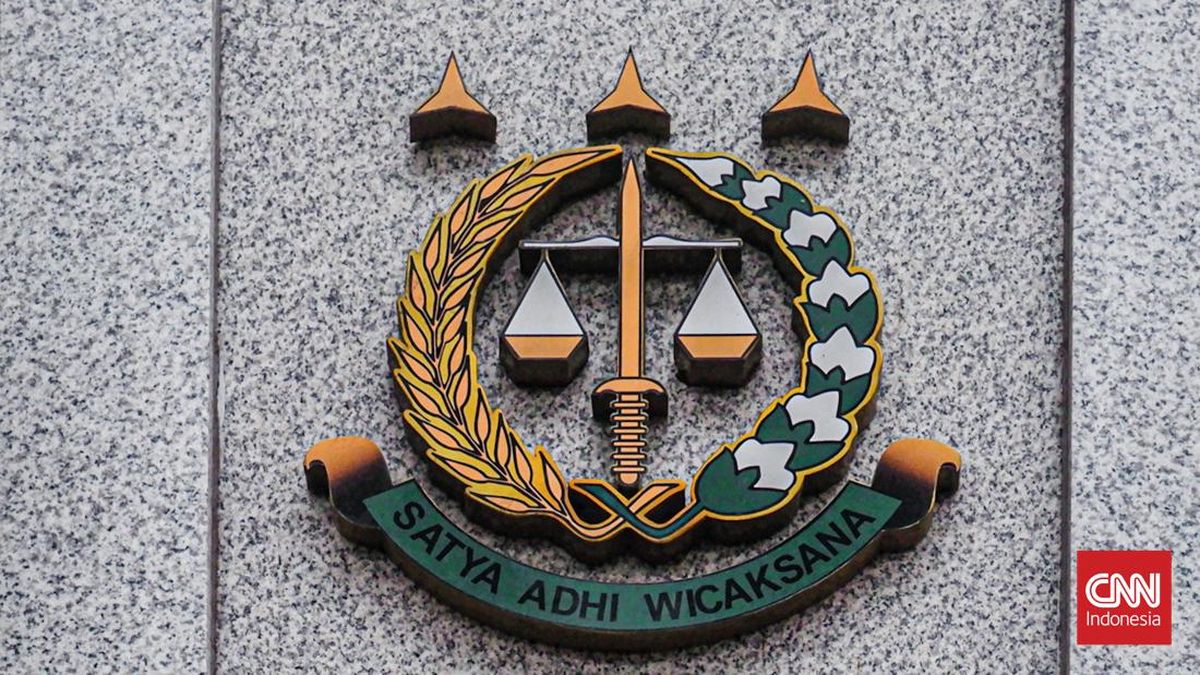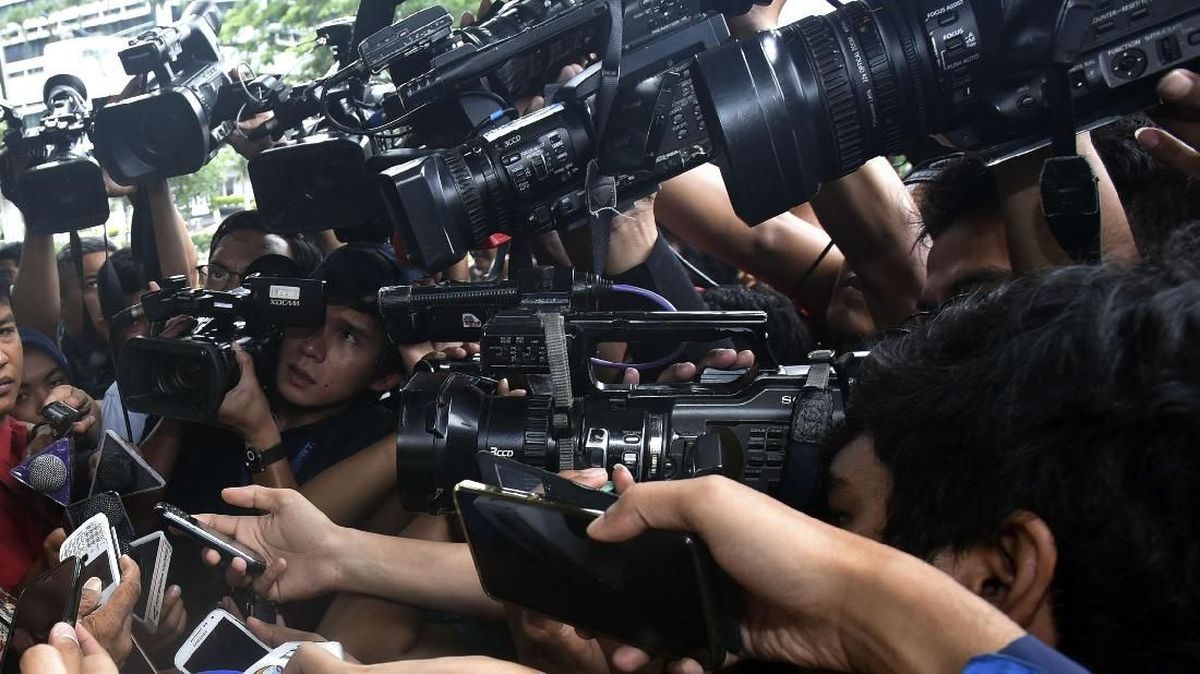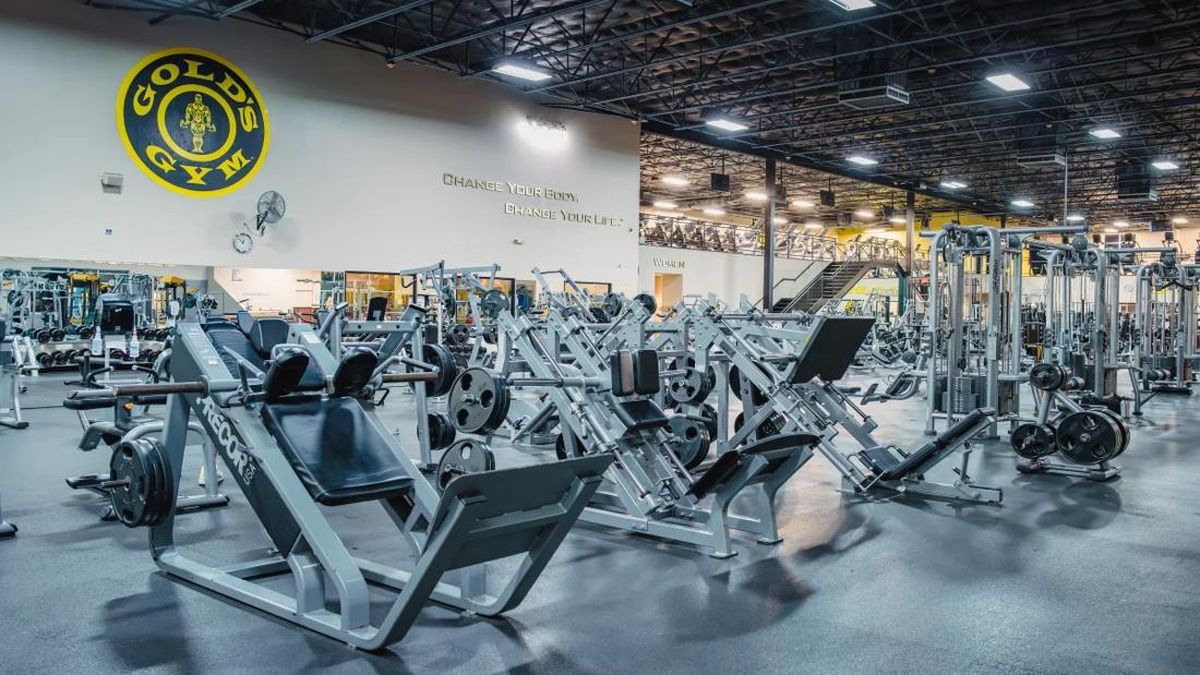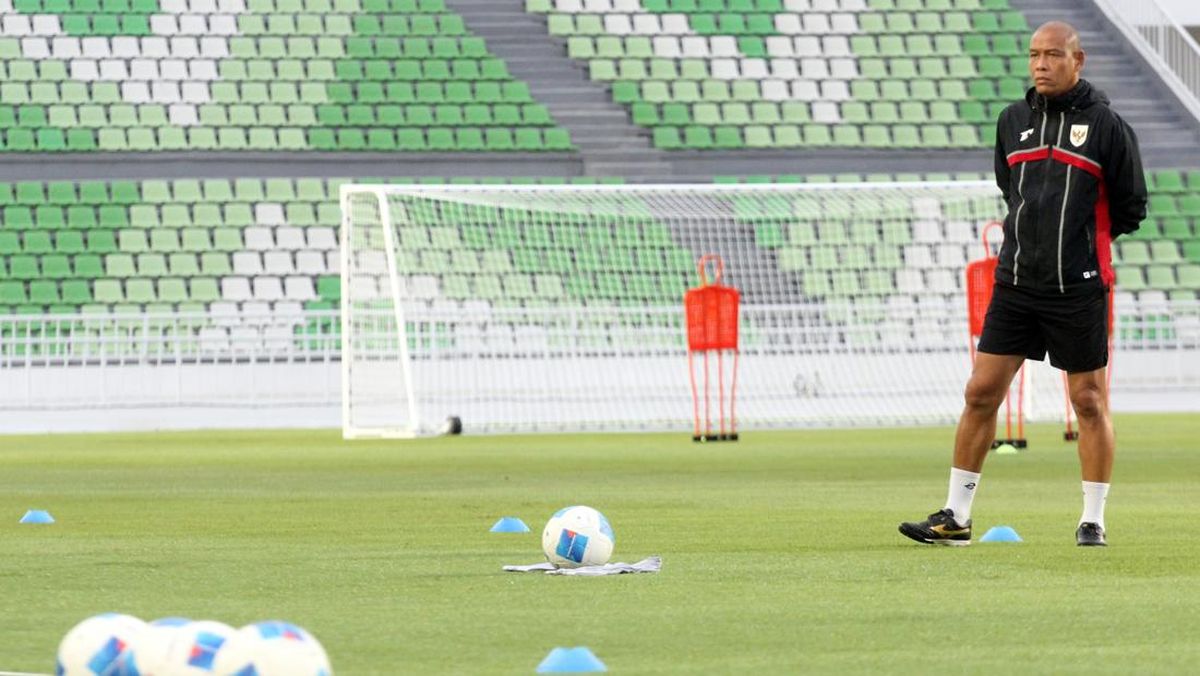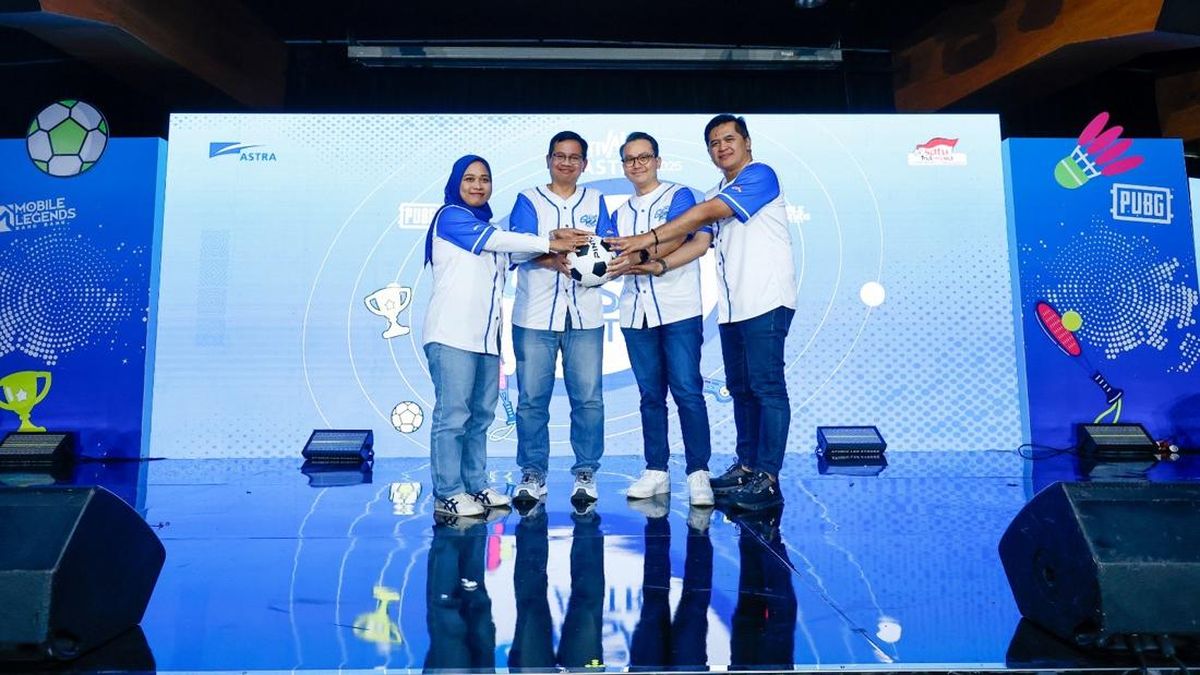More students are trying to surreptitiously cheat in their exams at the University of NSW compared to a year ago, amid worsening levels of student misbehaviour including staff being verbally attacked.
Reports of “less serious plagiarism” and what the institution called “poor scholarship” doubled in 2024 – an increase the university attributed to the rise of artificial intelligence and better detection, its latest report on cheating said.
Universities across the country are working out exactly how to deal with the advent of artificial intelligence, amid reports in other countries that students are using it to cheat their way through their entire degree.
Other institutions such as The University of Sydney have allowed the use of AI across the board except for certain secured assignments including in-class exams, but the University of NSW has a less permissive approach, with differing rules about when students can use it.
“While the university encourages the appropriate use of AI in learning, it has seen a rise in unauthorised use of generative AI in assessable work – a trend which is consistent across the education sector, in Australia and overseas,” the cheating report said.

At UNSW College last year, eight per cent of students, or one in 12, were caught cheating.Credit: Ryan Stuart
Last year there were 530 cases of generative AI misuse, comprising 394 cases of less serious plagiarism and 136 incidents of serious plagiarism and exam misconduct – a 219 per cent increase on the 166 cases reported in 2023.
The university’s business faculty had the highest number of reported cheats, followed by engineering.
The highest concentration of substantiated cases of plagiarism and academic misconduct in 2024 was at UNSW College, which offers pathway programs for international and domestic students. There were just over 2000 students enrolled and 172 cases of plagiarism and misconduct, representing 8.3 per cent of the headcount, equating to one in every 12 students.
“In 2024, a significant number of cases of unauthorised AI use involved students composing their written work in their native language and then using translation, text polishing and spinning tools
to convert it into English and to improve grammar,” it said.
It said there was no ban on digital translation applications, but using the AI capabilities often contained in them for assessments was prohibited.

The University of NSW’s AI framework.Credit: University of NSW
Across the university, penalties handed out for cheating included about 250 students who got a warning with a mark reduction, while 735 were failed for the assessment. Just over 500 were failed for the course, 13 were suspended from the university and 35 were expelled permanently.
Contract cheating was slightly down, with 209 cases reported in 2024, but there was an increase in anonymous tip-offs regarding students’ use of contract cheating.
“While most of the reports have been made anonymously, or under a pseudonym, the university also received reports from purported contract cheating providers identifying students whom they claim to have ‘helped’ with their written assessments.
“Some students have reported being blackmailed by these providers.”
Loading
The report said two tutoring providers, who are suspected of offering contract cheating to students, were recently trying to sell lecture recordings, along with course notes, for $607.
In 2024, the university recorded its highest number of reports of non-academic misconduct – which in almost all cases related to student conduct towards another person. Half of the cases did not proceed to an investigation, it said, with students given an informal caution or warning.
Cases included groups of intoxicated students engaging in antisocial behaviour, students being verbally aggressive toward staff, and a student sending an offensive email to 2300 student university email addresses.
A university spokeswoman said: “The overall level of academic and non-academic misconduct remains low at 2.8 per cent of students in 2024.
“Over that same period there has been a decrease in student complaints, as well as a decrease in the number of students using false admission documents to gain entry into a degree.”
Start the day with a summary of the day’s most important and interesting stories, analysis and insights. Sign up for our Morning Edition newsletter.
Most Viewed in National
Loading


